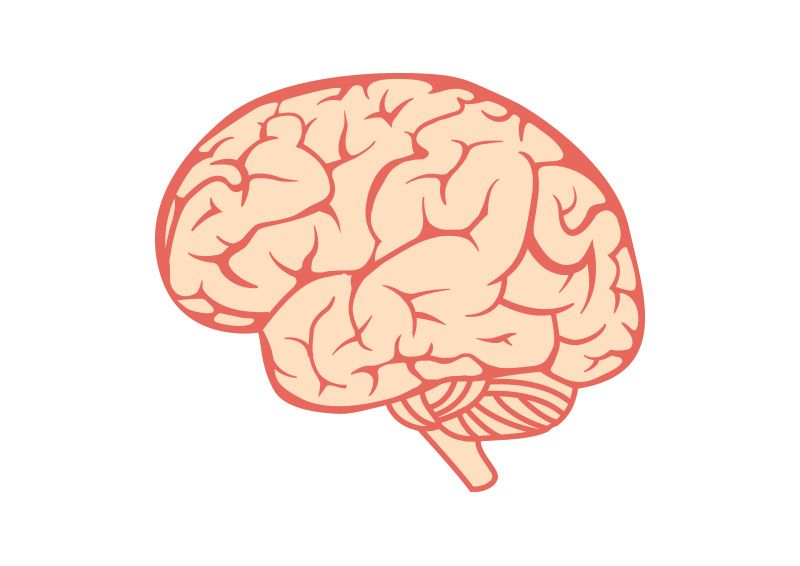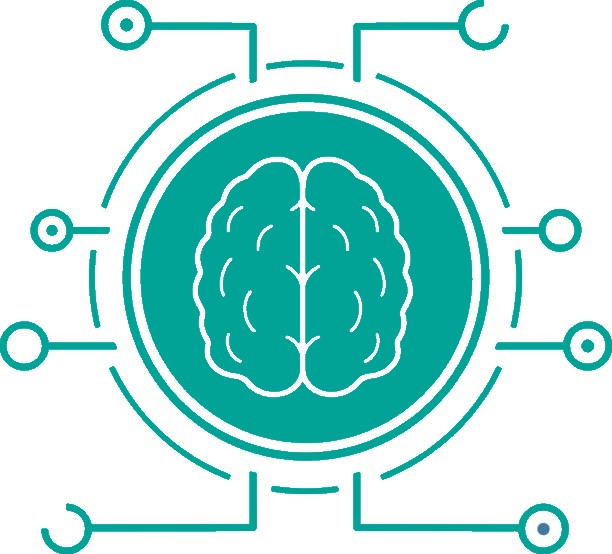
The brain consists of neurons, nerve nodes and circuits.
Previously, scientists believed, that it has a hundred billion neurons, but in 2015 Brazilian neuroscientist Suzanne Herculano-Huzel conducted a thorough assessment and discovered, that number is closer to eighty-six billion.
⠀
_____________________________________________________________________________________________________

*Filigree neural circuits interact with each other. Example, there is a decision chain and a pain chain. There are chains of sleep, memory, satisfaction etc. They all interact with each other. Depression is a certain pattern of activity, caused by the interaction between these chains.
_____________________________________________________________________________________________________
⠀
Everyone has such a period, when everything seems meaningless. For most people, in most cases, it passes quickly, but there are periods and minor neurobiological differences, when people in this state get stuck. Neuroscientists claim, that everyone is prone to depression: it all depends on the situation, context, emotional state.
⠀
It is important to understand, that depression is not then, when you're just sad. Because people with depression may not be sad. Depression is a very persistent condition: the brain gets used to thinking and acting in this way, from which a person does not get out of depression. The "settings" of various neural circuits change.
⠀
________________________________________________________________________________

* In a state of depression, there are no serious abnormalities in the brain. Certain settings of neural circuits predispose to a depressive scenario. This is about that, how the brain perceives stress, planning, habits, decision making and many other things.
________________________________________________________________________________
⠀
There are two news in all this:
Good
In such complex systems, like the brain, small changes can sometimes have big consequences. Sometimes a change in the settings of one neural circuit can initiate changes in the course of depression.
bad
Scientists still do not know for sure, what is depression. Even in spite of a huge amount of research. They don't understand depression in that much detail, such as brain disorders, like Parkinson's or Alzheimer's.
⠀
Keep calm and change your thoughts to productive ones.
Small decisions change lives.
⠀
* The post is based on the material of the book "Trapped in depression. How to overcome anxiety and enjoy life" by Alex Korb («The Upward Spiral: Using Neuroscience to Reverse the Course of Depression, One Small Change at a Time»), as well as additional sources.











